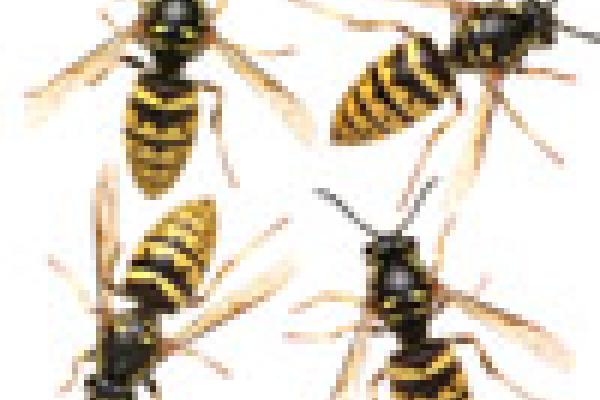Article

Sex, evolution and parasitic wasps
Some things are so familiar to us that they are simply expected, and we may forget to wonder why they should be that way in the first place. Sex ratios are a good example of this: the number of men and women in the world is roughly equal, but why should this be the case? A simple mathematical argument provides an answer.